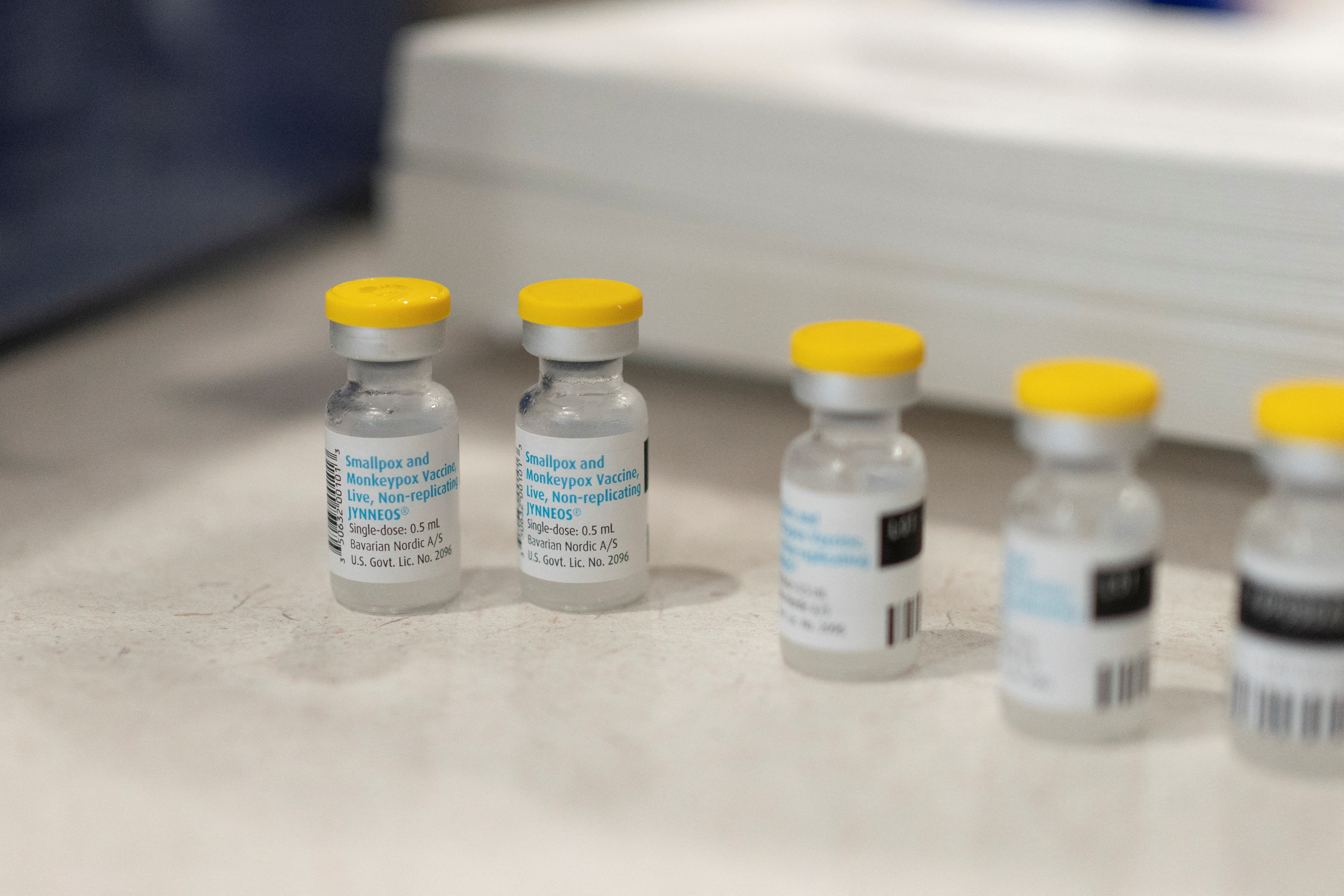Cyprus is fully prepared to deal with mpox cases, with sufficient vaccines available for everyone, Dr Elisavet Constantinou, Director of Public Health Services, assured on Saturday.
Earlier this week, the World Health Organisation (WHO) declared mpox a public health emergency of international concern, as cases have been detected outside Africa in Europe and Asia.
Despite this, Constantinou emphasised there is no cause for concern in Cyprus, which has already treated five cases since 2022 when the WHO previously declared the virus a public health emergency.
She specified incident management protocols already exist and are being implemented, while Cyprus can diagnose such an incident with laboratory tests, isolate, manage and treat it.
Constantinou assured the public that sufficent vaccines are available at vaccination centres for adults, and anyone wishing to get vaccinated can do so.
She added that if anyone has the symptoms or believes they have contracted the disease, they should either contact their personal doctor, or the A&E department of any state hospital.
Nicosia General Hospital and Makarios Hospital have been designated as Reference Centres for mpox. Constantinou noted that if hospitalisation is required, patients will be treated at the infectious diseases clinic of Nicosia General Hospital.
However, she mentioned that many cases have mild to moderate symptoms, and home isolation is usually recommended.
The health ministry recommends vaccination for those planning to travel to areas where the virus is endemic, such as parts of Africa, including the Democratic Republic of the Congo and Nigeria.
Vaccination is also recommended for health professionals treating such cases, people involved in the hospitalisation and care of patients, and close contacts of those infected, including partners or household members.
She emphasised that that immunosuppressed individuals are particularly encouraged to get vaccinated, though the vaccine is available to anyone who wishes to receive it.
Monkeypox is caused by a virus in the same family as smallpox but is usually much less severe. Originally transmitted from animals to humans, the virus can now spread between humans.
Initial symptoms include fever, headache, swelling, back pain and muscle pain. Once the fever subsides, a rash may appear. The infection typically lasts from 14 to 21 days.
Constantinou said that the reason WHO expressed concern was the rapid increase in the number of cases in African countries, which has been observed both in cases and in deaths.
She explained that the increase according to laboratory findings was due to a variant of the virus, the Clade 1, adding that this variant is estimated to be somewhat more contagious than the previous strain.
She added that both the WHO and the European Centre for Disease Prevention and Control (ECDC) were now studying very carefully and collecting data on the behaviour of the virus.
The first case of mpox in Europe was detected in Sweden earlier this week, prompting the WHO to declare a state of emergency. The ECDC has issued a risk assessment stating that the likelihood of illness among residents of European countries who do not plan to travel to endemic areas is “very low.”
Asked about the number of Covid 19 cases, Constantinou said that there was a “significant decrease” compared to the previous week.
A reduction is observed both in the number of positive cases and in hospitalisations, she added, noting that it seems “we are in the waning phase of the small wave”.







Click here to change your cookie preferences